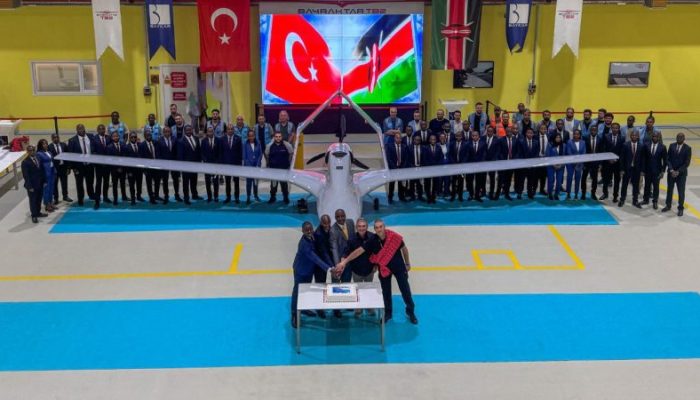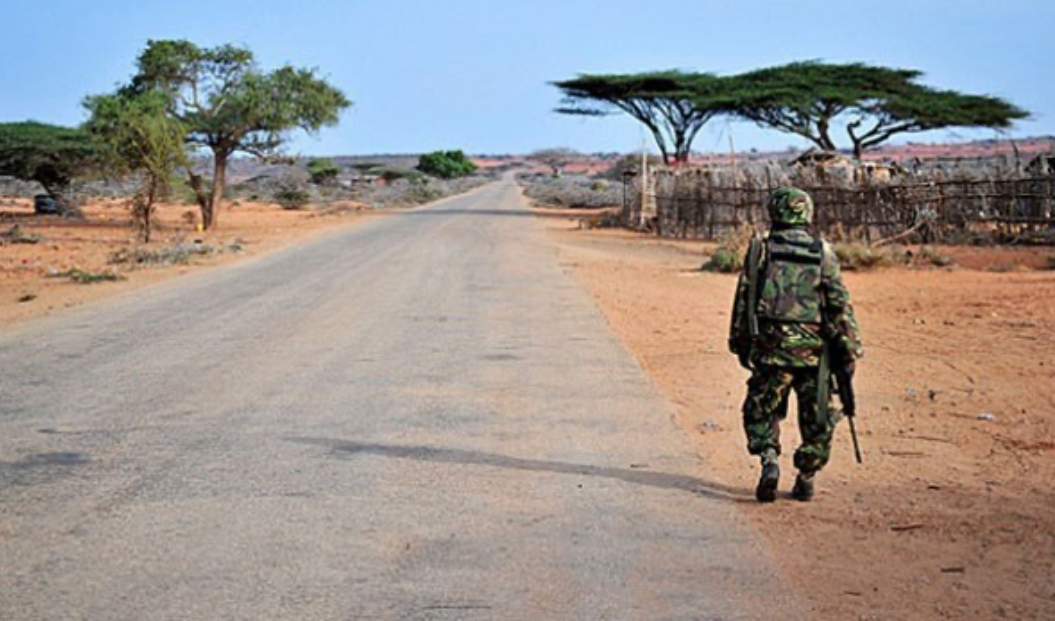This week Interior minister Fred Matiang’i gave the UNHCR two weeks notice to finalise a roadmap to close the Daadab and Kakuma refugee camps, Somalia said Kenya is politicizing refugee camps, which have sheltered hundreds of thousands of Somali nationals for three decades, by moving to have them closed.
Kenya hosts around 500,000 refugees of whom around 275,000 are Somali. The costs are largely covered by the international community but Kenya believes that the refugees constitute an ongoing threat to its internal security.
This uncertainty over Daadab and Kakuma comes as the International Court of Justice is hearing a case brought by Somalia about the line of the maritime border. Somalia believes it should run south-east, perpendicular to the coastline, according to maritime convention. Kenya believes it should run due east.
Kenya may be seeking a bargaining chip in this court case. But the maritime triangle has no oil and has limited natural gas. It does have valuable fishing rights. It is hardly worth fighting over.
Nevertheless the boundary heading south from Somali appears unfair. Kenya’s anger is understandable even if its legal case is weak.
Only arbitration can resolve this impasse. The international community should help Somalia and Kenya arrive at a negotiated solution over the maritime triangle – perhaps a 50-50 share of all fishing and hydrocarbon rights could be agreed.




